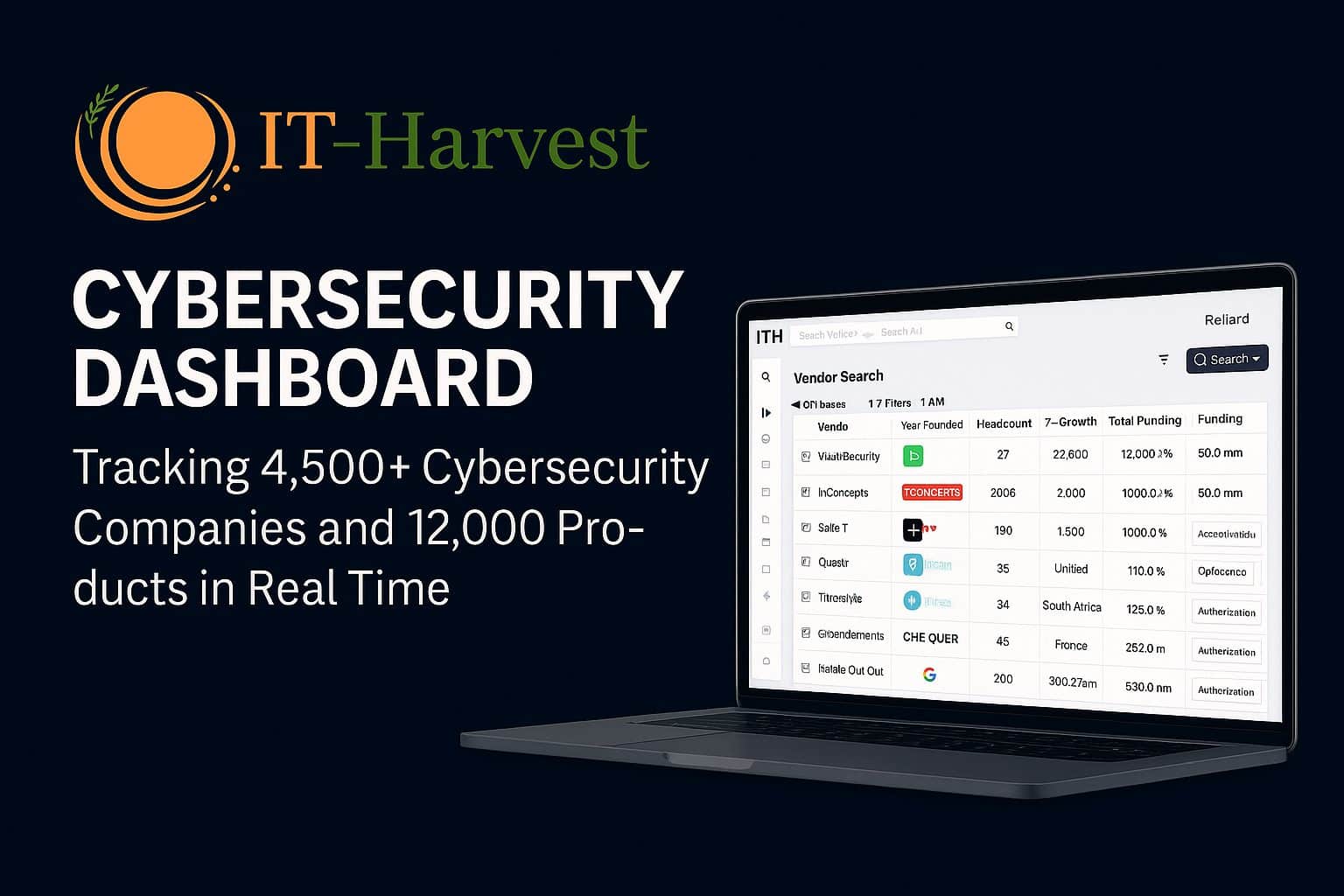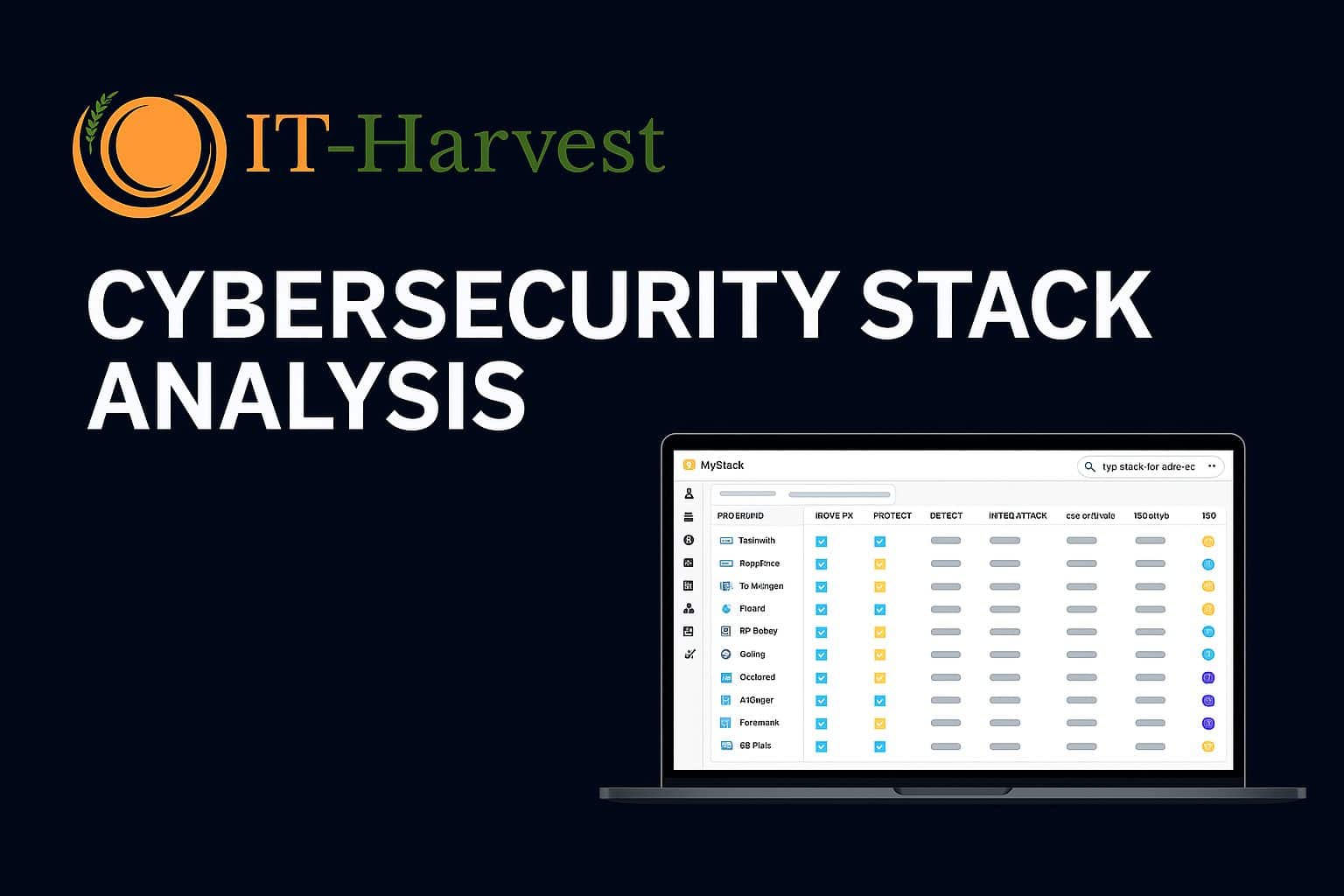WASHINGTON DC – US Arrests Russian Hacker in Global Ransomware Gang. Recently, a Russian man, Evgenii Ptitsyn, was extradited from South Korea to the United States to face serious charges linked to a multimillion-dollar ransomware operation. Notably, this gang, known for its notorious Phobos ransomware, has allegedly extorted over $16 million from various victims worldwide, US prosecutors said Monday, CNN reported.

26884181 – ransomware
1. Evgenii Ptitsyn’s Role in the Global Ransomware Gang:
Evgenii Ptitsyn, a 42-year-old Russian national, faces serious accusations related to his role in the Phobos ransomware operation. According to the Justice Department, he is charged with overseeing the sale, distribution, and management of this ransomware, which has been deployed in over 1,000 attacks targeting both public and private organizations. Notably, the victims include various government agencies, healthcare facilities, and educational institutions.
Evgenii Ptitsyn reportedly held a senior position within the Phobos ransomware group, where he managed a cryptocurrency wallet that facilitated payments from “affiliates”—hackers who purchased access to the ransomware. Furthermore, this ransomware has been in operation since at least 2019, according to cybersecurity researchers.
Cybercriminals extorted a record $1.1 billion in ransom payments from victim organizations around the world last year despite US government efforts to cut off their money flows, according to a report from crypto-tracking firm Chainalysis.
2. Victims Affected by the Phobos Ransomware Russian Hacker:
This arrest represents a notable win for the FBI. Typically, the agency must wait for alleged ransomware kingpins to leave Russia before making an arrest. This is due to the absence of an extradition treaty between the US and Russia.
In fact, last year, operatives using the Phobos ransomware targeted a children’s hospital in North Carolina. They extorted approximately $100,000 from the hospital. Additionally, a public school system in California lost around $300,000, according to the indictment.
What is Phobos ransomware?
Phobos ransomware is a type of malicious software that encrypts files on infected systems, demanding a ransom for their decryption. It primarily targets organizations, including schools and healthcare facilities.
3. Legal Charges Against Russian Hacker Evgenii Ptitsyn in the US:
Evgenii Ptitsyn faces the following legal charges:
- Wire and Computer Fraud: Accused of engaging in fraudulent activities involving electronic communications.
- Conspiracy to Commit Computer Fraud: Allegedly involved in a scheme to illegally access and exploit computer systems.
- Administration of Ransomware: Accused of overseeing the operation and distribution of the Phobos ransomware.
- Management of Cryptocurrency Wallet: Allegedly responsible for a wallet that collected payments from affiliates using ransomware.
Evgenii Ptitsyn made his initial court appearance in the District of Maryland on November 4, according to the Justice Department. Meanwhile, CNN is actively seeking to locate a lawyer for Ptitsyn for further comment.
4. Measures Taken by the US Against Global Ransomware:
The arrest of Evgenii Ptitsyn highlights the Justice Department’s aggressive efforts to combat the growing threat of ransomware. This criminal activity has resulted in millions of dollars in losses for American companies, schools, and hospitals.
As authorities continue to prioritize the fight against cybercrime, Ptitsyn’s arrest serves as a critical step in addressing this pervasive issue.
5. How Much Money Has Been Extorted by Global Ransomware Gangs:
According to a report from the crypto-tracking firm Chainalysis, cybercriminals extorted a staggering $1.1 billion in ransom payments from victim organizations worldwide last year.
This alarming figure occurred despite the US government’s ongoing efforts to disrupt the financial networks that support such criminal activities. As ransomware attacks continue to escalate, the need for enhanced cybersecurity measures has never been more critical.
Verdict:
US Arrests Russian Hacker in Global Ransomware Gang marks a pivotal moment in the fight against cybercrime. The extradition of Evgenii Ptitsyn not only highlights the FBI’s relentless pursuit of justice but also serves as a warning to other cybercriminals operating across borders. As ransomware attacks continue to threaten organizations worldwide, this case underscores the importance of international cooperation in tackling these sophisticated threats.
Discover more at mitechnews.com
FAQs
1. How was Ptitsyn extradited to the U.S.?
Ptitsyn was extradited from South Korea to the United States after being arrested by South Korean authorities, marking a significant achievement for U.S. law enforcement.
2. What impact do ransomware attacks have on organizations?
Ransomware attacks can lead to significant financial losses, data breaches, and operational disruptions for affected organizations, especially those in critical sectors like healthcare.
3. How does ransomware-as-a-service (RaaS) work?
RaaS allows cybercriminals to lease ransomware tools and infrastructure from developers, enabling even non-technical individuals to launch attacks against targets.
4. What measures can organizations take to protect against ransomware?
Organizations can implement robust cybersecurity practices, including regular data backups, employee training on phishing awareness, and using advanced threat detection systems.





